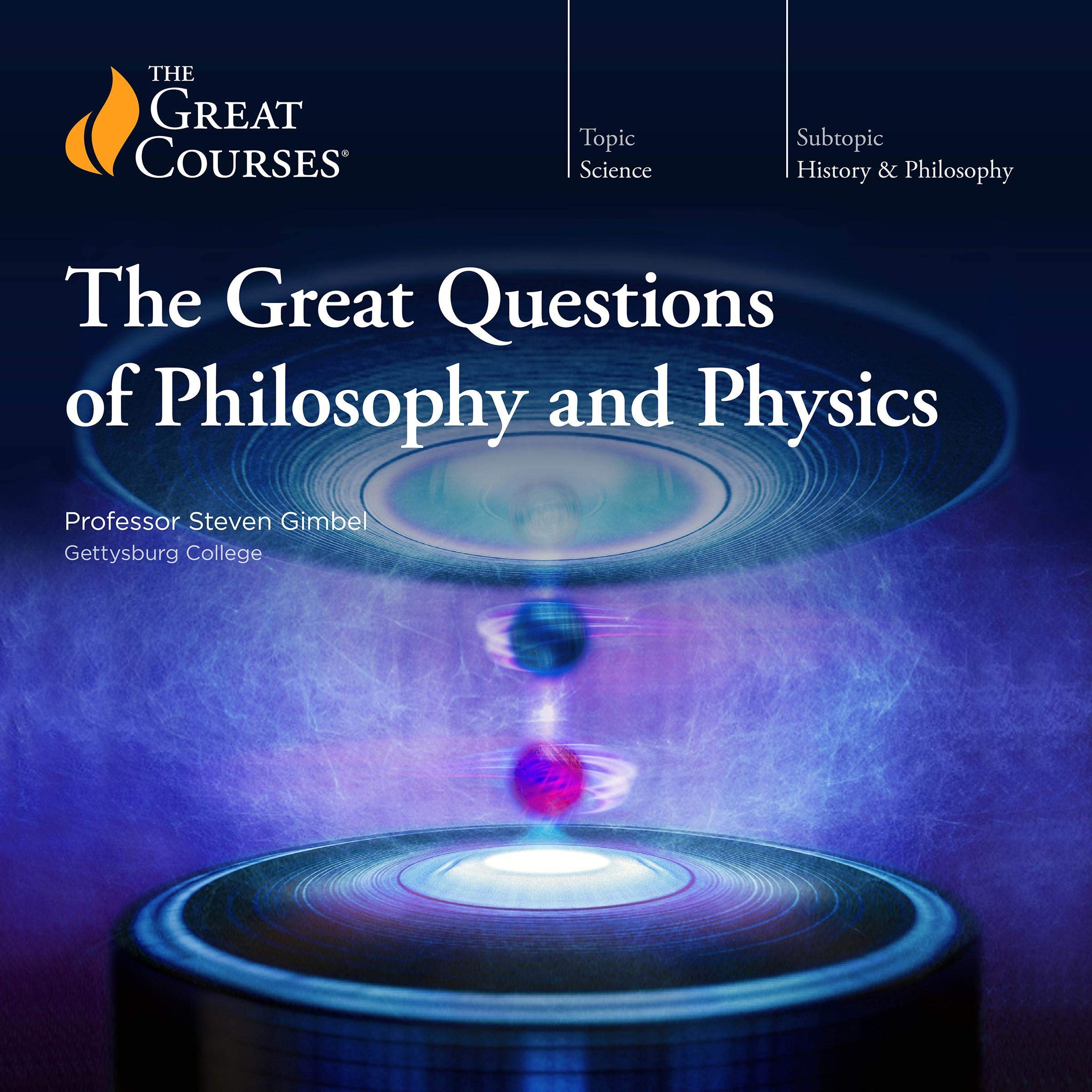What do you think?
Rate this book


Length: 6 hrs and 10 mins
Philosophers have long puzzled over the nature of space, time, and matter. These inquiries led to the flowering of physics with the Scientific Revolution in the 17th century. Since then, the spectacular success of modern physics might appear to have made philosophy irrelevant. But new theories have created a new range of philosophical concerns: What is the shape of space? Is time travel possible? Is there a grand unified theory that unites all of physics?
Treating these and other puzzles with an entertaining and accessible approach, The Great Questions of Philosophy and Physics guides you through the concepts, theories, and speculations that underlie our understanding of reality. In 12 stimulating, half-hour lectures, award-winning teacher and philosopher Steven Gimbel of Gettysburg College covers the fundamental ideas of modern physics, highlighting the role of philosophy in setting ground rules, interpreting the results, and posing new questions.
Professor Gimbel describes the grand synthesis that Isaac Newton achieved with his universal theory of gravitation and its picture of absolute space and time. Then, you see how Albert Einstein’s theory of relativity, combined with quantum theory, overthrew the Newtonian paradigm, posing a host of philosophical puzzles. Among them is Erwin Schrödinger’s famous thought experiment about a cat that is simultaneously dead and alive according to the standard interpretation of quantum mechanics. You survey philosophical attempts to escape from this and other paradoxes, and you also investigate the role of mathematics in physical theories. Does its extraordinary success imply that the world is a mathematical system?
You close by exploring theological arguments that invoke the discoveries of physics to posit a creator God. As with other theories covered in the course, you carefully weigh both sides using scientific evidence and the tools of philosophy.
PLEASE NOTE: When you purchase this title, the accompanying PDF will be available in your Audible Library along with the audio.
7 pages, Audible Audio
Published April 24, 2020